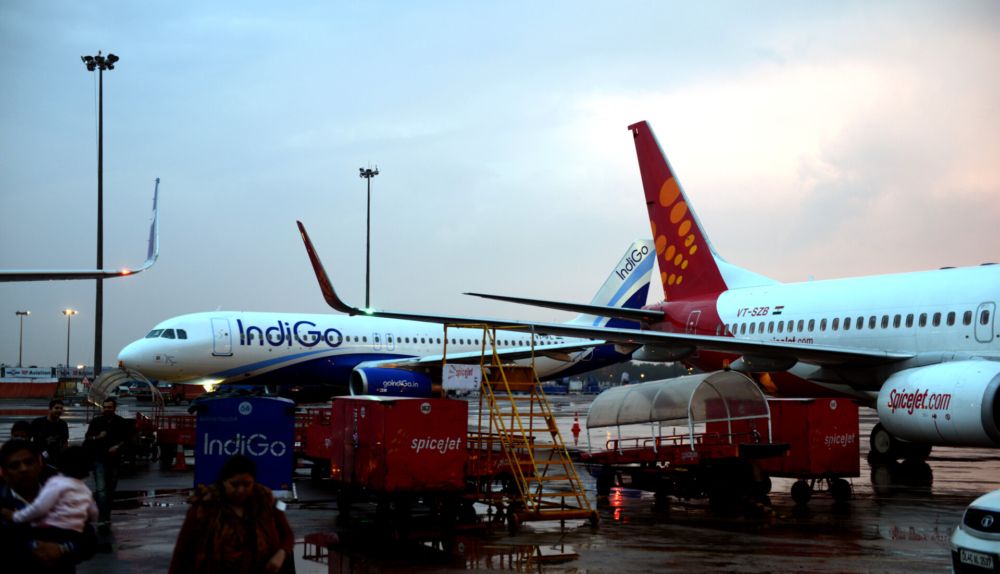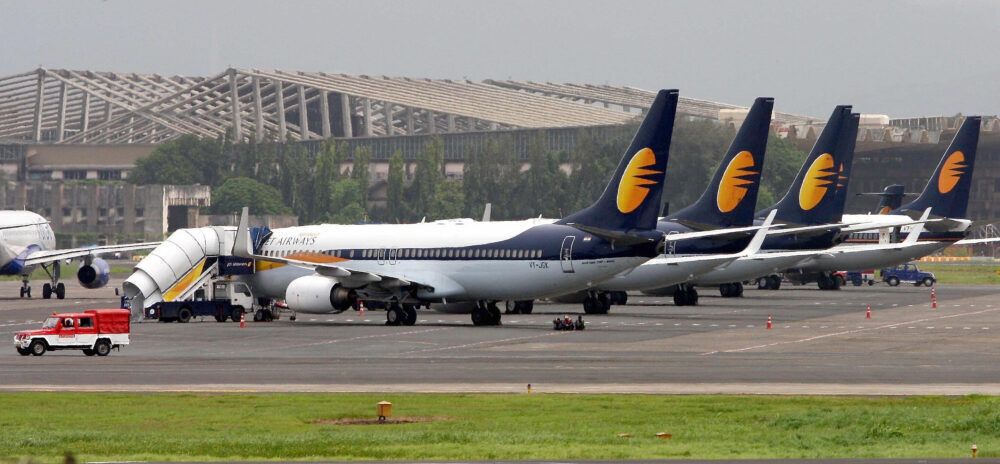In addition to competing for customers, India's startup airlines will also compete with each other for other scarce commodities. Depending on the time and place, this could range from airport slots to trained and certified pilots. The latter appears to be in high demand as two airlines ramp up their operations in India's highly competitive air travel sector.
The 'new' kids on the block
Two Indian carriers will 'begin' operations in 2022: Akasa Air and Jet Airways. Indeed, while Jet Airways is a revival of sorts, it has mostly had to start back at the beginning since its collapse in April 2019.
With the two airlines getting themselves set up to fly passengers next year, their hiring departments are in full swing, looking to secure their own pools of pilots and other staff. According to Moneycontrol sources and observers, the carriers are seeking crews from other airlines such as IndiGo and SpiceJet.
Indeed, the media outlet notes that some personnel from these established carriers have already received offer letters. Headhunters are seeking senior employees from existing airlines, while a SpiceJet pilot has reported that some of their colleagues have already left, with others in the middle of serving their notice period before moving over.
A senior executive wishing to comment anonymously said that it was not surprising for pilots to leave SpiceJet to join Akasa, "especially those who have not been paid their full dues. After all, both airlines have the Boeing 737 MAX."
Stay informed: Sign up for our daily and weekly aviation news digests.
Poaching from SpiceJet would be easier
With most of this activity happening behind the scenes, there are no clear numbers or metrics to measure the shift of pilots from one airline to another. However, it would be safe to say that pilots from SpiceJet would be the preferred target for Akasa Air.
That's because the startup airline will operate the Boeing 737 - an aircraft type that is at the heart of SpiceJet's short and medium-haul operations. Considering the fact that pilots coming from this budget airline would be trained on the 737, much of Akasa's work would be already completed. This would reduce the need for hiring and then retraining Airbus-focused pilots for its Boeing fleet. The Airbus A320 and A321neo are the main types of aircraft operated by IndiGo.
The picture for Jet Airways is a little more vague. The airline has yet to disclose details for its future fleet: Its leadership has stated that the plan is to have 50+ aircraft in three years and 100+ in five years. Jet Airways is reportedly poised to place a large aircraft order in the near future, although it has yet to determine (or at least disclose) what types of aircraft it will operate. The airline's first run, prior to its 2019 collapse, saw it operate an overwhelmingly Boeing fleet- especially for its narrowbody jets.
For their parts, SpiceJet and IndiGo have denied a move of pilots away from their fleets towards the new carriers. A SpiceJet spokesperson told Moneycontrol that "the information [of commanders and first officers leaving] is absolutely wrong and denied," while IndiGo says "very little to negligible attrition" among its pilots has taken place over the last two years.
IndiGo says it's a similar situation with its engineers, ground staff, and cabin crew. However, it admits that "that there will always be opportunities for talent given the way this industry is evolving."
As the industry recovers and new carriers fight for their share of the market, it looks like a job in India's aviation industry might be an excellent way to go- whether it's as a pilot or other crew.



